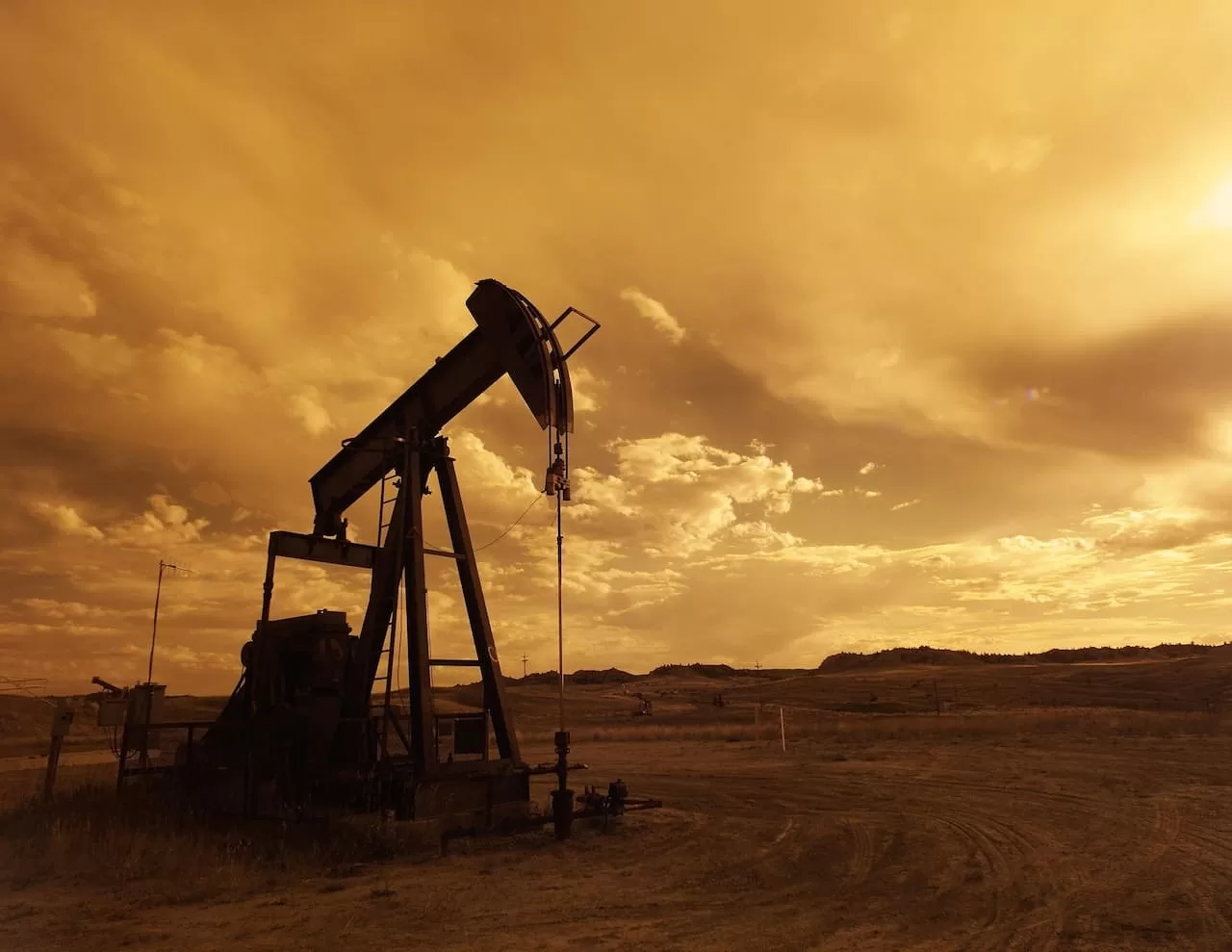In early June, ships carrying 100,000 tones of discounted Russian oil will arrive at Pakistani ports as part of the government’s energy security plan.
The new refinery policy was addressed in a private meeting with members of the media by Musadik Malik, the state minister for energy, who also made this declaration. With incentives lasting up to 20 years, the strategy aims to promote investments in new refineries for projects involving shallow, deep, and ultra-deep conversion.
According to Minister Malik, 100,000 tones of Urals oil from Russia will arrive at the port in Oman on May 26 and 27. From there, smaller tankers will deliver the Russian discounted oil to Pakistan; the trip is anticipated to take seven to ten days. The minister promised that the impact would be minor even if the cost of transport would marginally increase.
Minister Malik made a suggestion that the payment for the Russian discounted oil was made through the banking channel, albeit he withheld the discounted price and the method of payment. After refinement at Parco, the heavy Urals oil will be blended with light Arabian oil to bring the price down.
Minister Malik underscored the significance of the new refinery policy and stressed the importance of the expansion of the energy industry to overall economic growth. He noted that for a 1% increase in the GDP of the nation, the energy sector must expand at a pace of 1.5–2% higher. Similar to this, a seven to ten percent growth in the energy sector is required to achieve a five percent GDP growth. Only refinery investments, along with those in oil and gas production and exploration, can lead to such increase.
Refineries with a capacity of 300,000 tones or more will receive incentives for 20 years under the new refinery policy, while those with a capacity below that would receive incentives for 10 years. These refineries must, however, achieve financial closure in less than five years.
Additionally, for a period of 20 years, the import duty on machinery employed in the larger refineries would be fixed at 7.5% for both petrol and diesel. Refineries with a capacity below 300,000 tones will still be eligible for the same incentives for ten years. The legislation governing special economic zones (SEZs) will also help these refineries.
According to Minister Malik’s forecast, 33 million gallons of petrol and diesel will be consumed nationwide by 2030, up from 20 million gallons today. Currently, 10 to 11 million are produced locally by refineries, with the remainder coming from imports. He stated that because of the huge demand, diesel has a roughly $18 global premium.
Also Read
Numerous foreign nations and private enterprises have expressed interest in the new refinery strategy, and a road show held in the United States to encourage greenfield investment received favorable feedback.
Prior to the completion of its constitutional term, the minister reaffirmed the government’s commitment to putting into action a comprehensive strategy for the nation’s energy security. While the Iran-Pakistan (IP) project has been delayed due to US sanctions, negotiations for the Turkmenistan-Afghanistan-Pakistan-India (TAPI) pipeline project have begun. Both the brownfield and LPG Air Mix policies are anticipated to be approved soon.
